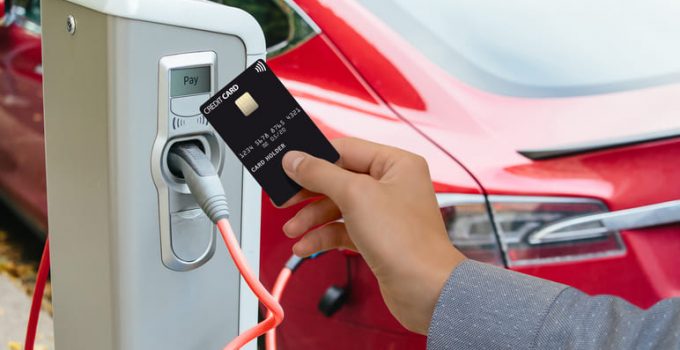
2021 has been a tumultuous year with many new developments. One of them has been the steady advance of electric car technology. Many different opportunities for topping up electric vehicles have sprung up, whether installing a charging station at home or the increasing availability of public venues. Let us review how much it cost in 2021 to power an electric vehicle. This will cover the cost of charging an electric car at a public station in the UK as well as from the home.
Different ways to charge your electric car
How much it costs to properly top up an EV can vary widely depending on where one does so. As a rule, it is cheaper to charge an electric car at a home charging box than a public one, especially now that subsidies have run out. Though even here a few caveats stand out. But EV chargers aren’t just differentiated by their location, but also by their capacity.
Electric mains – Using the standard plug included with the electric car is a simple means to run power to the vehicle. However, it has a low capacity (only around 2 kW) and manufacturers recommend only using it in emergencies. As such, it is not a sustainable means to keep your electric vehicle powered.
Slow charger – These are becoming rarer as the capacities of electric cars increase. Home charge points described below are typically of this type, since high throughput isn’t necessary if you can park the car and run a cable to it overnight.
Fast charger – This type is rather common for public stations of various types. They allow for charging cars quickly, though vehicles with larger battery capacities may take an unrealistically long time to fill up, so given their charging rate of 7 kW, they are best used to top off the vehicle rather than to power it from a nearly empty battery. Some fast chargers are faster than this, but here the difference begins to blur into the rapid charger category.
Rapid charger – Devices of this type are currently the fastest means to power an electric vehicle. Their technological requirements limit them to public or proprietary charging points. They are useful for topping up a vehicle’s battery quickly, thus providing a more comparable equivalent to petrol stations. Their fast charging speeds mean that the limit for how quickly they can power a vehicle depends on that vehicle’s ability to accept a charge. Few if any vehicles have capacities high enough to benefit from the high throughput of rapid chargers.
| Type | Charging rate | Time to fully charge 60 kWh |
|---|---|---|
| Standard plug | 2 kW | 30 h |
| Slow charger | 3 kW | 20 h |
| Fast charger | 7 kW or more | 8.6 h or less |
| Rapid charger | 120 – 350 kW | Under 1 h |
Where to charge an electric car
Now that we know what the different electric car chargers are, we can look into the different locations that allow for powering an EV. Technically, there are only home stations and public ones, but the latter can be further divided and show a considerable variance in pricing that they are listed as separate categories.
Home charging station – An estimated 80 to 90% of all EV powering occurs at home. The price paid depends entirely on what you pay for utilities. How long it takes to charge an electric vehicle isn’t important here. The real variable the amount of voltage used, as this will likely be the same regardless of how fast the charging rate is. Cars with smaller capacities require less energy and how much it costs to fully charge an electric car can be as little as £5. However, acquiring a smart charger will allow you to programme the process to benefit from lower fees during the off hours, where applicable. The fixed cost of buying and installing the device is negligible in the long run and received subsidies from the Office of Zero Emissions Vehicles in 2021. But these are going to run out for select homes starting in April 2022. However, some vehicle manufacturers cover the costs of installing a new station as part of the purchase.
Public charging station – How much it costs to charge an electric car at a charging station varies. Some public networks use the pay-as-you-go method, costing in the range of 20p to 70p for each kWh. Some stations require an hourly rate be paid in addition to the kWh. All of these come in form of fast and rapid chargers and the latter are usually more expensive. Still another option is a subscription service offered by various providers. BP Pulse, for instance, offers a monthly fee of around £8 for a discounted rate of 23p to 27p per kWh, depending on the device. This is 3p to 8p cheaper per kWh than charging from these stations without the subscription.
Proprietary charging network – Some companies have proprietary networks that allow for powering their own electric vehicles for free or a nominal fee. Tesla has its own Supercharger network that owners of certain vehicles manufactured by the brand may use without paying extra and owners of later models pay only 26p per kWh for. Consult the accompanying documentation or the customer service of your electric vehicle’s manufacturer to see if you can benefit from a proprietary network tailored to your car. The provider Ionity gives discounted rates for drivers of vehicles manufactured by partner companies.
Free complimentary charging – Some stores, hotels, and other businesses offer free or discounted charging for customers or employees. Multiple Tesco Extra and Superstores offer free services via the 7 kW charging stations, but the 50 kW stations require a fee.


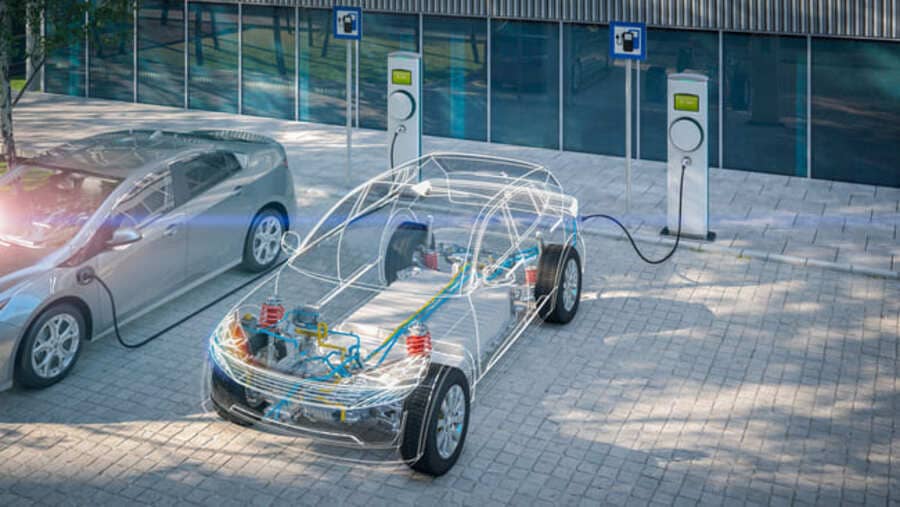
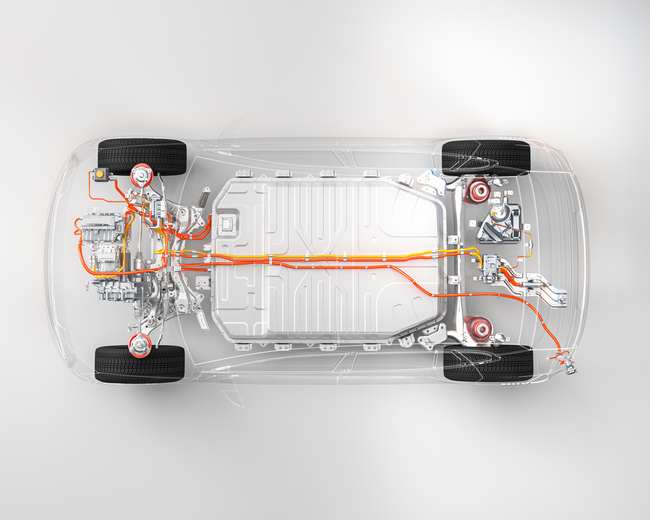
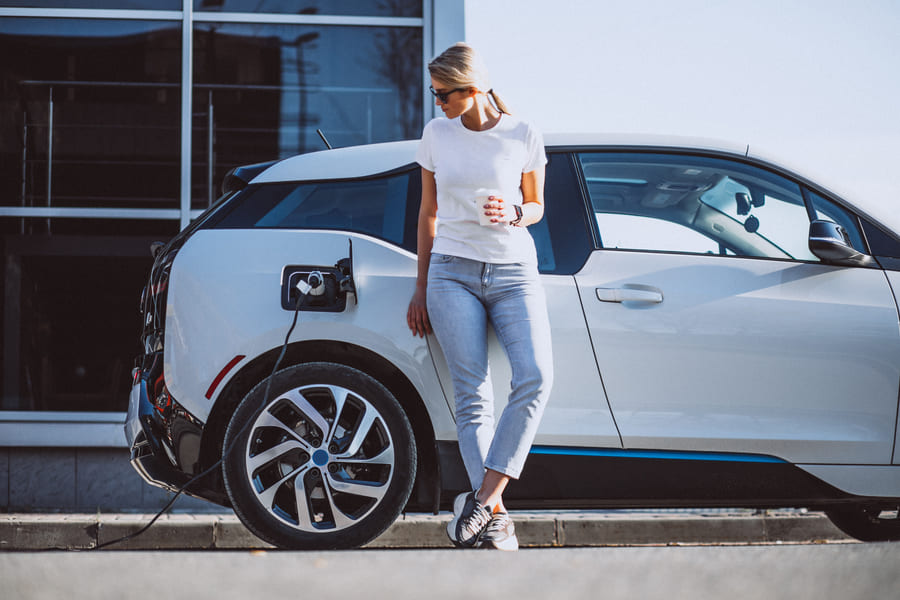
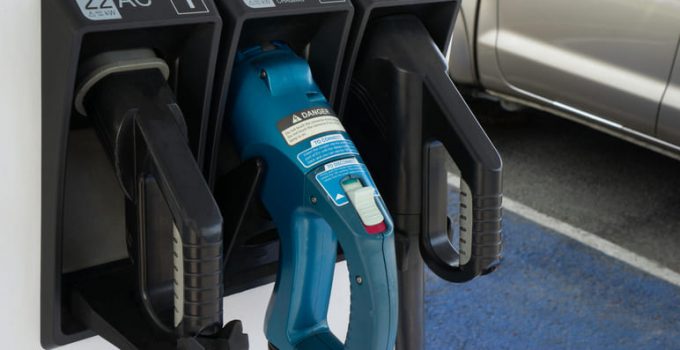


Comment